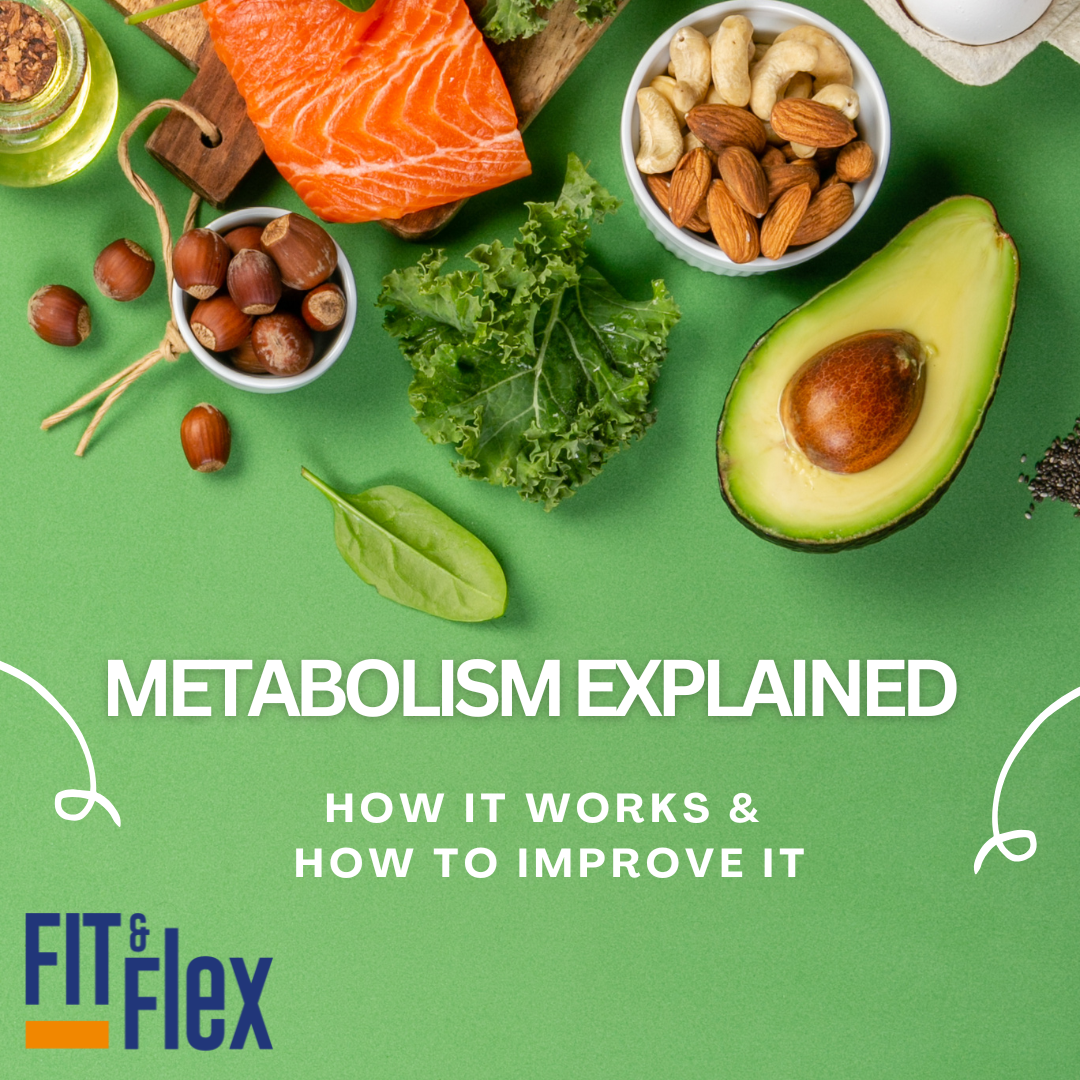Metabolism Explained: How It Works & How to Improve It

What Is Metabolism?
Metabolism is the process by which your body converts food into energy. It involves a series of chemical reactions that help maintain essential functions like breathing, digestion, and circulation. Your metabolic rate determines how many calories your body burns at rest and during activity.
Benefits of Metabolism
A well-functioning metabolism is crucial for overall health. Some key advantages of metabolism include:
- Better energy levels throughout the day
- Improved digestion and nutrient absorption
- Effective weight management
- Enhanced muscle growth and fat-burning capacity
- Stronger immunity and cellular repair
How to Increase Metabolism Naturally
If you’re looking for ways to boost metabolism, simple lifestyle and dietary changes can make a big difference. Here are some effective strategies:
1. Eat the Right Food for Metabolism
Certain foods can give your metabolism a natural lift. Here are some metabolism-boosting superfoods:
- Protein-rich foods – Eggs, lean meats, fish, and legumes help build muscle and increase calorie burn.
- Spicy foods – Peppers contain capsaicin, which slightly increases metabolic rate.
- Green tea & coffee – Caffeine and catechins help stimulate fat-burning.
- Nuts & seeds – Healthy fats and proteins in almonds and flaxseeds support metabolism.
- Fibrous veggies – Broccoli, spinach, and carrots improve digestion and nutrient absorption.
2. Stay Hydrated
Water is essential for metabolic processes. Drinking cold water can slightly increase calorie burn as your body works to warm it up. Herbal teas and infused detox water can also support metabolic function.
3. Strength Training & Cardio
Exercise is a major factor in how to increase metabolism. Strength training helps build lean muscle, which burns more calories even at rest. High-Intensity Interval Training (HIIT) workouts are excellent for boosting metabolism post-exercise.
4. Get Enough Sleep
Lack of sleep slows metabolism and increases hunger hormones. Aim for 7-9 hours of quality sleep to maintain a healthy metabolic rate.
5. Manage Stress Levels
High stress leads to an increase in cortisol, a hormone that slows metabolism and promotes fat storage. Practice yoga, meditation, or deep breathing exercises to keep stress in check.
Final Thoughts
Your metabolism plays a crucial role in maintaining your health and energy levels. By eating the right food for metabolism, exercising regularly, staying hydrated, and managing sleep and stress, you can effectively boost metabolism and improve your overall well-being.
At Fit & Flex, we understand the importance of a well-balanced diet in supporting a healthy metabolism. Our range of ready-to-eat, nutritious products can help you maintain an active lifestyle effortlessly. Explore our wholesome offerings here: Fit & Flex Products.




